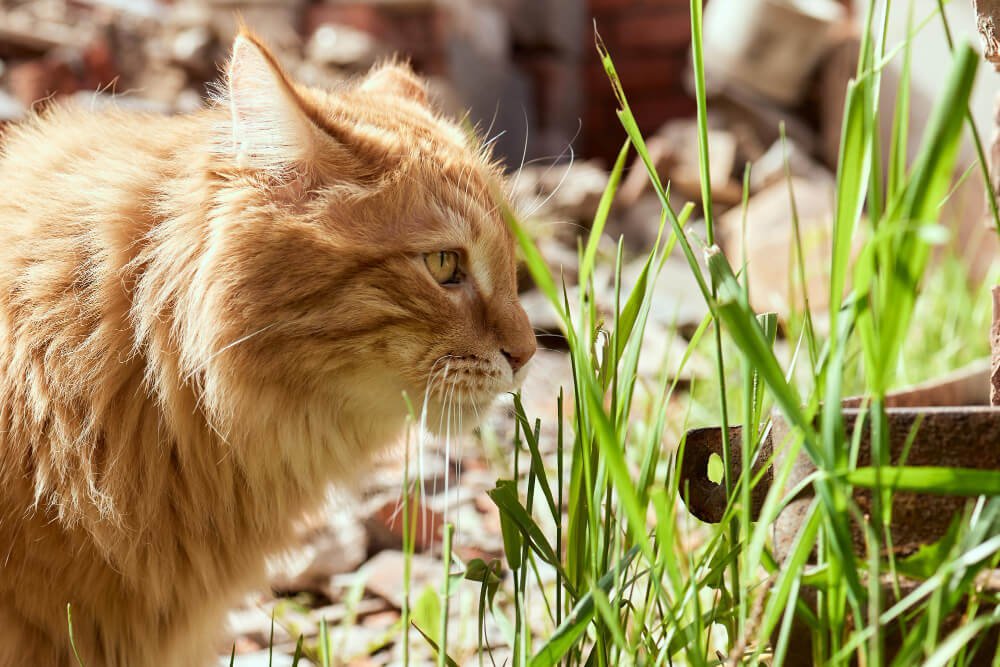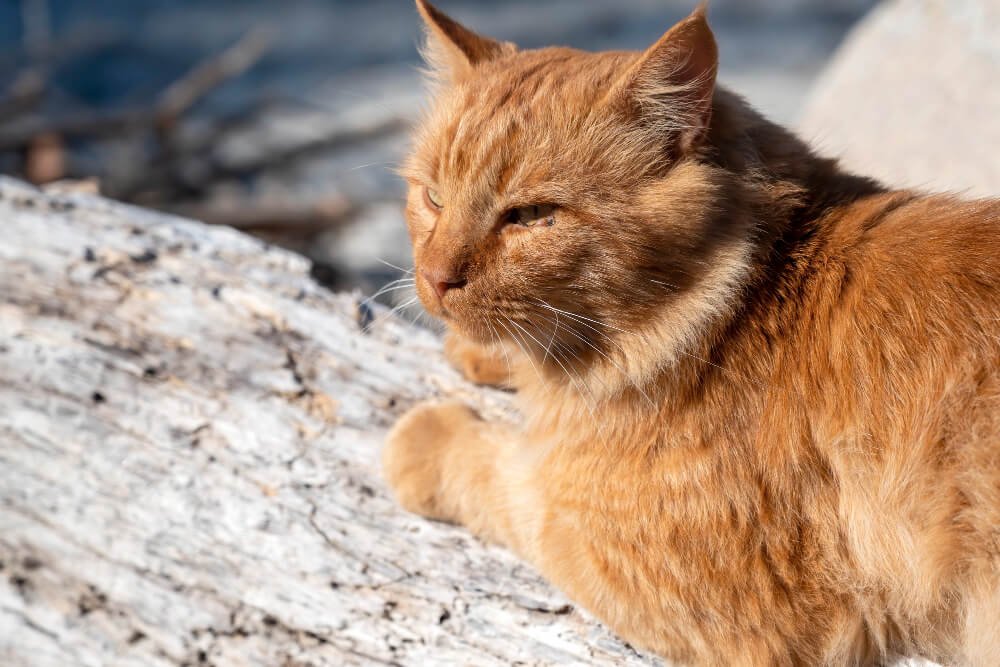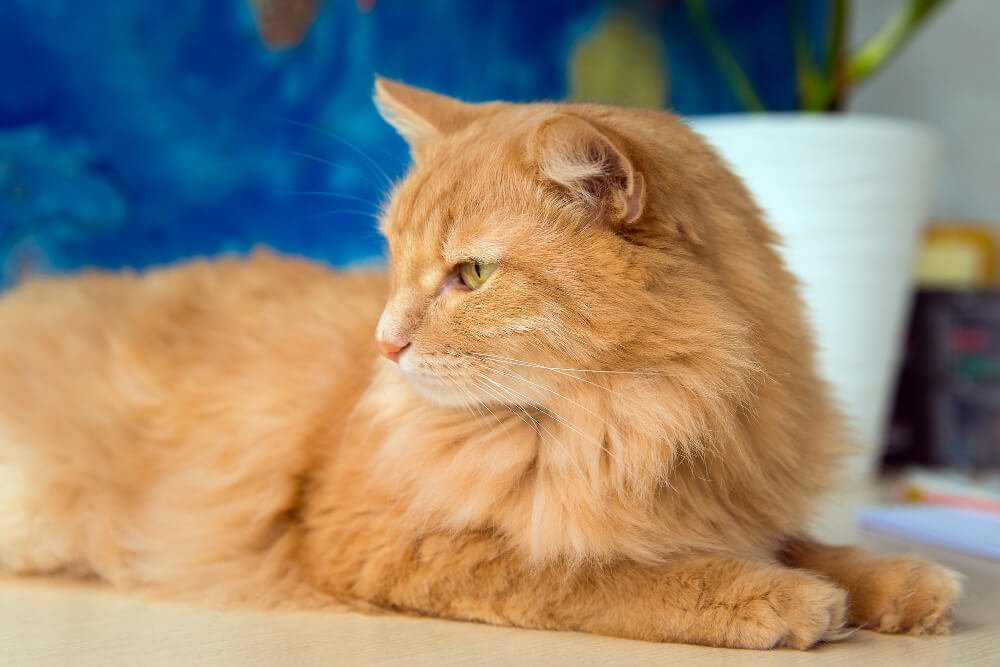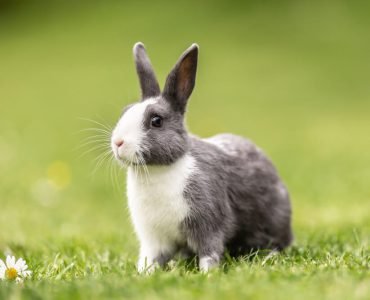The heart-shaped cat’s little nose is a big hit with onlookers who find it adorable! Additionally, cats have the most sophisticated sense of all: their sense of smell!
There is a lot of strength hidden behind the cat’s muzzle. Utilizing the vomeronasal organ, he detects scents that a person would never notice, locates far-off prey, and even learns facts about other felines.
Want to know how this all operates? So, learn more about how important a cat’s sense of smell is! You might be taken aback by the numerous small characteristics that set these animals apart.
The cat’s sense of smell is compelling.

Kittens are born with a high sense of smell that helps them survive. For babies to locate their mother’s breast and nurse, they need this more developed sense.
The Kitten can already recognize its preferred breast by smell at the age of three days. Each infant eats from the same tit as the mother cat as long as there isn’t a rival sibling.
It is advised to bring an item bearing this symbol if a child needs to be away from his mother and siblings so that he can feel at home in his new residence because the bond between the young child and the fragrance of the family is so strong.
It’s essential to remember that when a cat scratches or “fluffs” something, it leaves its fragrance behind. He signals to the other cats that that territory is his in this way. Why does this happen? The other cat walks by and detects the fragrance, letting them know that a cat has been there.
This alone demonstrates the significance of the cat’s fragrance in his life because it is how he interacts with other cats and the outside world. This sense has a lot of power as well. For instance, cats have a sense of smell up to 20 times stronger than humans.
How does the smell get to the cat’s brain?

The turbinate is a structure that humidifies and heats the air before it enters the cells and undergoes a chemical transformation. The nasal passages inspire the atmosphere, pass via the olfactory epithelium, and reach the turbinate.
These molecules provide the data to the brain, which interprets and stores the smell as an olfactory memory. As a result, they continue to be registered in the brain for later detection of the same odor.
Structures allow the sense of smell to be very potent

The frontal olfactory area is the name of this part of the brain. It can grow to a maximum of 40 cm2 in cats. Some scents draw the cat’s attention more than others because the smell travels via the limbic system along the route, a part of the brain that controls emotions.
The vomeronasal organ, also known as Jacobson’s, is a secondary olfactory organ in cats. Although this organ is also found in humans, it nonetheless involutes during pregnancy.
If you own a cat, even if you haven’t read anything about it, you’ve probably seen your pet use the vomeronasal organ. Do you know how cats frequently scent an item or location before opening their mouths slightly? They are currently daring the vomeronasal organ.
The Flehmen reflex is opening the mouth to use the vomeronasal organ. Opening the mouth enables the “smell” to enter this unique organ, which more precisely defines what it smells. It can be found behind the upper incisors.
Odoriferous glands

The animal can recognize the scent glands on other cat’s paws, heads, cheeks, chins, bases of tails, and tails left behind by other cats thanks to the vomeronasal organ.
Every location on the cat’s body leaves a distinct scent there. In other words, whenever your kitty rubs itself throughout the house or even on you, it leaves its fragrance, delineates its territory, and alerts other cats to its presence.





Add comment